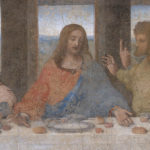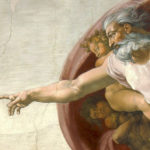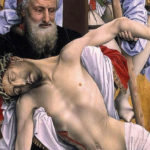
Given enough time to learn and absorb the large factors making up the flow of life as those factors are addressed in Scripture, we discover a main one we call moderation. It is a principle that marks a center of gravity for our thoughts and conduct. Do I have enough (not too much, not too little) of this or that? The principle applies across the range of our lives. Do I give sufficient time to my spiritual life (not too much, not too little)? – work? – play? – family? – rest? – habits? – education? The list grows long included on the tally of needs, obligations and desires relating to the benefit of self and others. I want to… Read more







